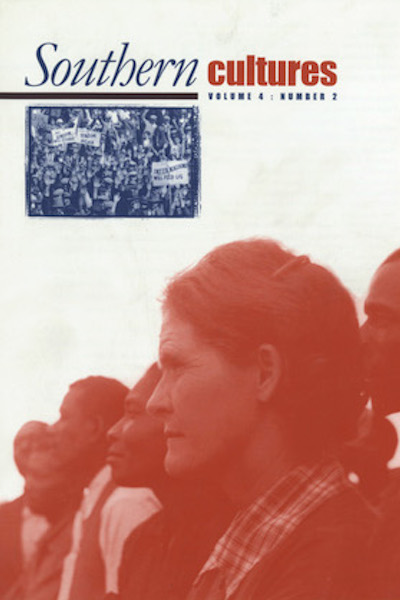Although songs of social protest had deep roots in the American South, the Gastonia strike marked one of the first labor conflicts in the region that produced a large repertoire of protest songs written specifically for the occasion.
On 25 August 1929 Margaret Larkin attended an outdoor strike rally near Mount Holly, a textile-mill town eight miles northeast of Gastonia, North Carolina. A left-wing journalist from New York City, Larkin had come south that summer to cover the upcoming trial of sixteen members of the National Textile Workers Union (NTWU) accused of murdering Gastonia police chief Orville F. Aderholt. On this particular day, despite occasional showers, more than five hundred striking workers from several Gaston County textile mills had gathered at the all-day “speakin’” and barbecue. When Larkin arrived at the event, a union member named Ella May Wiggins was leading the assembled workers in a rousing rendition of “Chief Aderholt,” a ballad she had composed about the police officer’s death and the falsely-accused strikers’ imprisonment. Wiggins was a “‘slightly’ woman,” Larkin noted, “rather short and round,” with “bobbed brown hair” and “lively brown eyes that had survived the early aging of the Southern working woman.”


